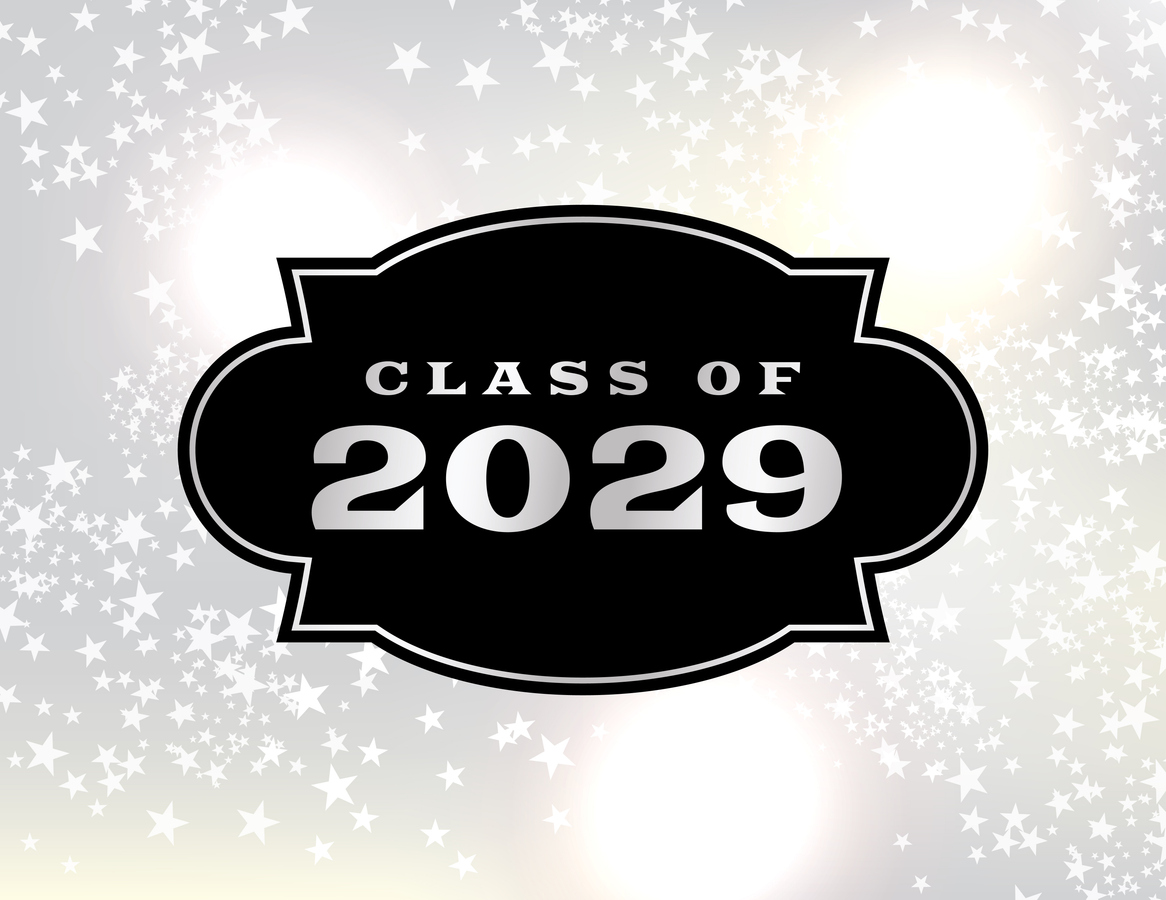
Parent Check: Are You Being Delusional About Your Child’s College Admissions Prospects?
By
Leelila Strogov
October 3, 2025
•
3
min read
Share this Article
Simply highlight text to share on social or email
Let’s get real for a moment. You love your kid. You believe in them. You want the best for them. But when it comes to college admissions? Some parents need a serious reality check on all fronts.
It happens every cycle. A student with a 3.7 GPA and no major awards declares they’re “aiming for Stanford, MIT, or Harvard.” A parent insists that their child “has leadership” because they once ran a fundraiser in 10th grade. Or someone says, “We don’t want to waste time applying to safeties. We’re only interested in top-20 schools.”
On the flip side, we have students who are projected valedictorians or salutatorians, heads of their debate team and expert researchers whose parents are so afraid of how their students will fare in the face of rejection that they are actually discouraging them from being ambitious enough in the schools to which they are applying.
We call this what it is: delusional.
Why? Because college admissions is not about how great your child is. It’s about how unusual their accomplishments are, and how poised they are to both contribute to, and benefit from, the programs at each specific college; it’s about how good of a fit they are for each school as both individuals and members of a greater community.
Why Are So Many Parents Delusional?
The short answer? Love. The longer answer? Love, ego, nostalgia, fear, and a misunderstanding of how today’s admissions landscape works. Here’s what gets in the way:
Legacy Thinking: “I got into Cornell with a 3.8 and my kid will too.”
Admissions rates have dropped by 50–75% at elite schools in the last 20 years. Your kids are not applying in the same context you did. A good rule of thumb: start with guestimating your student’s academic class rank within their own school; it should be roughly aligned with the acceptance rate of the school. (So for Harvard, say, you’d want them to be at the top 4% in a class of 100 to be able to legitimately compete.)
Overemphasis on Hard Work: “But she’s worked so hard!”
Effort matters in life, but admissions is about results, outcomes, and positioning. It’s not always fair. It’s not always kind. But it is real.
Misreading the Résumé: “He’s the president of four clubs!”
Leadership is nice. But top colleges want exceptional academics, and demonstrated accomplishment and engagement, not just titles. Certain clubs are more visible and impactful than others. What did they do in their roles? What percentage of their community did they engage? How many people did they positively influence or impact? How competitive was it to get that award?
Brand-Only Thinking: “We’re only looking at the Ivies.”
That’s like saying, “We’re only applying for CEO roles” in the job market. It sounds prestigious… but may be totally misaligned with how success actually works. Sometimes you might be a better fit for an Ivy than an IvyPlus, a highly competitive NASCAC school or a Public Ivy; the opposite is true too! You want to go after appropriately ambitious, right-fit schools.
The Stakes Are Higher Than Ever
Harvard’s acceptance rate is 3.6%. MIT’s and Stanford’s is under 4%. Princeton’s and Yale’s hovers between 4 and 5%. You’ve got a better shot at getting struck by lightning twice than getting into more than two of these top schools without a perfect GPA and a strategic hook.
This isn’t a game you can brute-force. There are no guaranteed outcomes. Not even for perfect scores, published research, or national awards.
So if your strategy is built on hope, not data…
Or if your school list is all “reach” and no “target”…
Or if you’re treating the process like a vending machine (“we put in the résumé, we get Yale out”)…
You’re not being strategic. You’re being delusional.
Want to Help Your Child? Start Here.
It’s time to flip the script — from ego-driven to outcome-driven, from wishful thinking to intelligent planning. Here’s how.
Parent Reality Check: Are You Helping or Hurting?
Ask yourself these 5 questions:
- Is our school list based on data or vibes? Reality or fear? Analysis or magical thinking? You should be looking at test scores, GPAs, acceptance rates by major, and historic admissions trends, not rankings or brand names. Good baseline starting points: Your child’s rank in their class should be about a college’s acceptance rate; their standardized test scores should be at about the median of that of accepted applicants. That’s the cake. After that, they’ll consider the icing.
- Have we built a balanced school list (reaches, targets, safeties)? If not, your child might be staring at a wall of rejections come March. Hope–or fear–is not a strategy.
- Do I understand what actually impresses admissions officers? It’s not the quantity of activities; it’s the depth, impact, and narrative. One meaningful project beats 12 random clubs.
- Are we applying to schools that fit our child? Your child’s interests, learning style, accomplishments and goals matter more than cocktail party bragging rights.
- Am I open to expert feedback, or being defensive when challenged? Trusting the process means listening to those who’ve helped hundreds of students and not dismissing advice you don’t want to hear. When a counselor says, Princeton is the right reach or Vanderbilt is the perfect stretch or Michigan is a perfect fit or MIT is out of reach–listen. They’ve been down this road before.
From Delusion to Strategy: What Smart Parents Do
- They encourage self-awareness. “What do you love? What makes you feel energized? In what environments do you thrive?”
- They prioritize long-term fit, not short-term prestige. “Where will you be supported, stretched, and seen?”
- They use expert guidance to build the school list, refine the personal narrative, and plan each step with intention.
- They anchor the process in their child’s strengths, not someone else’s highlight reel.
Our Promise at AtomicMind
We’ve worked with thousands of families. We’ve helped students get into Harvard, Yale, MIT, Princeton, Stanford, UChicago, Duke, Vanderbilt, and more.
But, more importantly, we’ve helped students push to strive for their own “appropriately ambitious, right-fit schools” and not just the “highest ranked” one or, alternatively, the “easiest win.” We believe in:
- Personalized strategy
- Transparent feedback
- Honest, expert guidance
- Building a path that fits your child’s life and profile
Final Word to Parents
You are your child’s fiercest advocate. That’s a beautiful thing. But advocacy must be paired with strategy, not fantasy or fear. This process is too competitive, too high-stakes, and too emotionally charged for guesswork.
You deserve better. So does your student!
Let’s stop mistaking love for logic. Let’s ditch the delusion. And let’s build something real together.
Want a Second Opinion on Your School List?
Let’s talk. Our expert advisors will give you an honest, strategic, data- and experience-informed review of your list, your student’s profile, and your overall application plan. Admissions is both an art and a science and we’re here to help our parent partners with both.
Because the best kind of parent? The one who helps their child not only dream, but succeed.

About the Author: Leelila’s passion lies in helping students craft their own personal stories by pursuing interests that are both unique and layered. A graduate of MIT with a Bachelor of Science, she bridges the humanities and sciences, drawing on her experiences as a journalist, filmmaker, published author, and magazine editor to inspire students and support their success across diverse paths.

Share this Article



